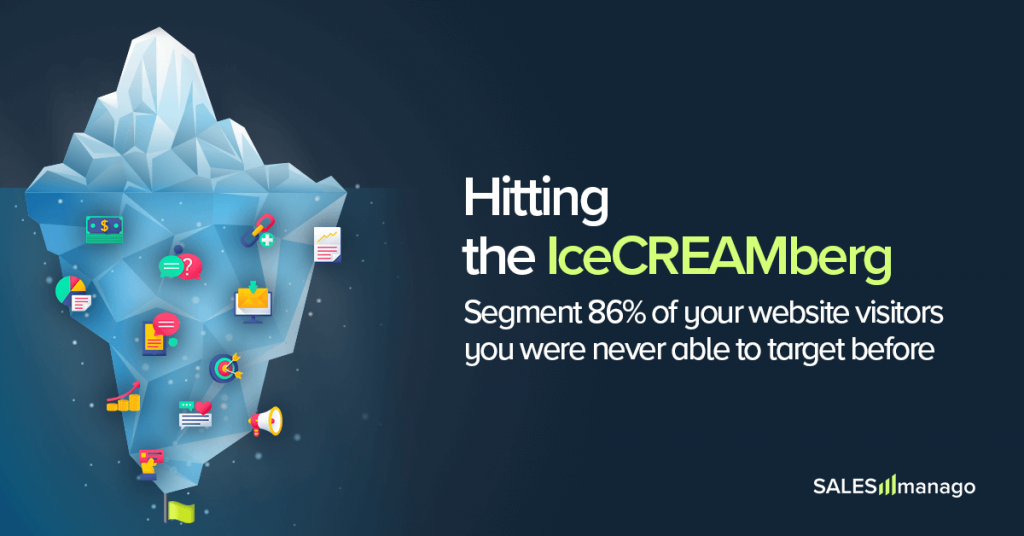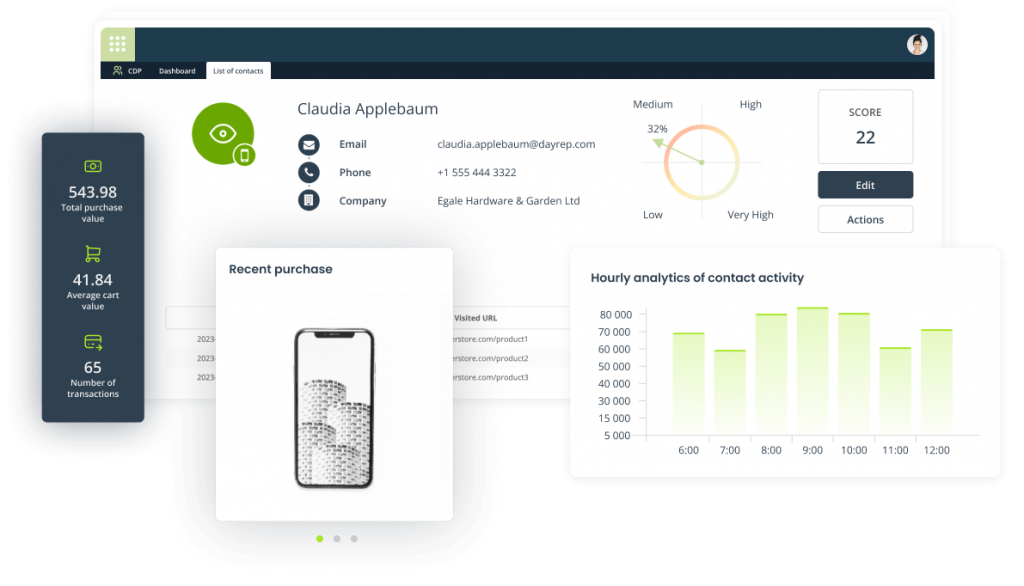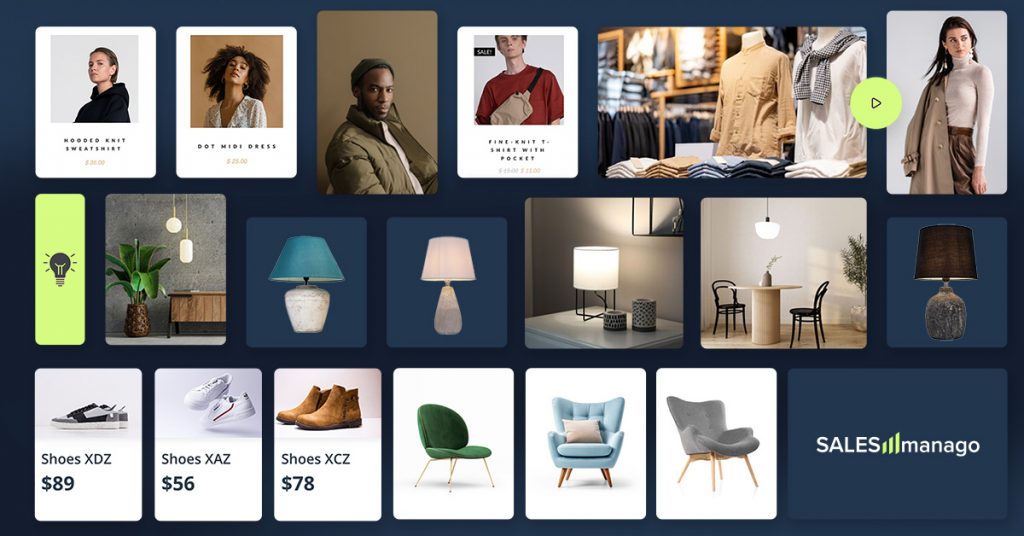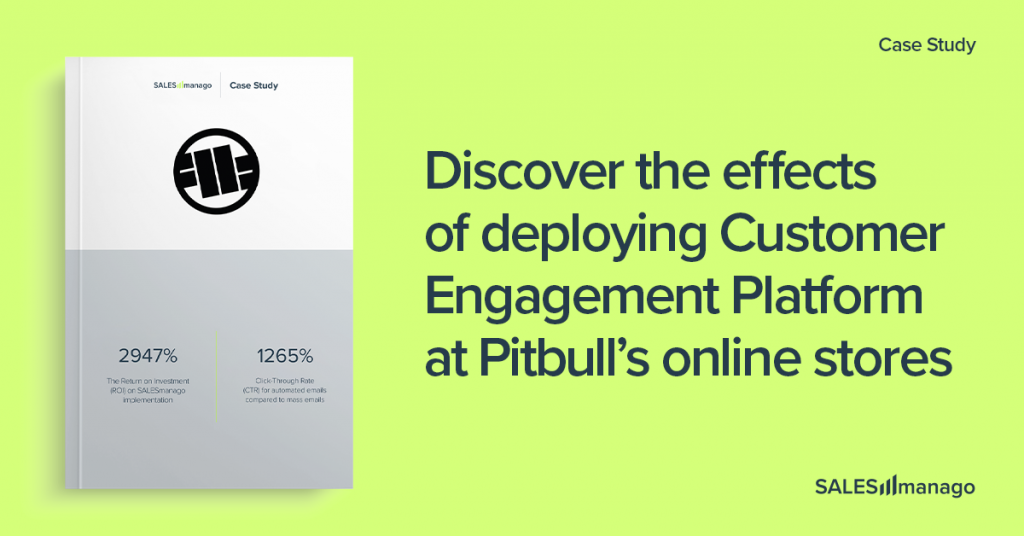
The global COVID-19 pandemic has changed our lives both socially and economically. For many Europeans, the sudden closure of stores resulted in the necessity to befriend online shopping. Compared to the previous year, the value of the eCommerce market grew by 12.7%, reaching €717 billion. What has changed from the e-store’s perspective?
The sudden closure of traditional stores which was enforced due to the COVID-19 pandemic, left millions of Europeans in shock, with no possibility to continue their normal buying habits. To be able to buy certain goods, they had to turn their eyes and pockets to the Internet. Online sales grew by 15% between April and July 2020. With a large number of new e-shoppers and increased demand, eCommerce had to adapt to their needs and preferences. This article presents some of the most important trends that changed how eCommerce works in the pandemic time.
No need for human interaction
In a post-pandemic retail world, consumers are more focused on getting everything they need as fast as possible, with minimal contact. There is no need for interaction between employees and shoppers anymore. Based on Capterra’s survey, about a quarter of e-shoppers will continue to make mostly digital purchases even after the crisis. The conclusion was drawn due to the fact that 22% of respondents will choose to buy articles that they always bought in brick-and-mortar stores online and 10% are planning to avoid physical stores because of the risk of contamination. It is brought to the extent that store giants like Walmart are trying the concept of no cashiers or salesmen in-store with integration on the touch-free payment system.
Reduction of “only-in-store” industries
As almost everyone is picking the online shopping over traditional one during the pandemic, many companies had to start selling online, as there is no place now for “only-in-store” (or “mostly-in-store”) businesses. Giving the example of the pet market – 70% of dog and cat owners are shopping less frequently in brick-and-mortar stores, and 65% of them are choosing online stores as the only way to provide food to their pets. Based on the Statista analytics, due to the closure of many every-day local stores, online sales of FMCG goods increased. It is mainly recorded in the sale of e-cigarettes (118%), household detergents (103%), and food products (77%).
Safe and sound
July’s Bizrate Insights Survey has shown the reasons why consumers purchase online. The majority of customers (60%) feel safer purchasing online. The other popular answers are “The items I wanted were out of stock in-store” with 21% or “I am unable to leave the house” with 14%.
Buy Now, Pay Later
The time of the pandemic forced stores to constantly develop new solutions to keep their customers even closer. One of them is the previously not-so-popular “Buy Now, Pay Later” option which allows users to pay in installments for online orders during a week, month, or even year. Gannon company started offering this option in November but confirmed that interest in it doubled during the pandemic. Additionally, they emphasized that customers choosing this form of payment spend more money than others. The current global situation was a definitive boom for companies offering services of installment buying. Customers who choose this option take out a small loan to finance the purchase, which they pay back over a selected time period.
Shopping in foreign stores
Basing on the Europe 2020: eCommerce Region Report, we can see a relation between the nationality of consumers and their preferable type of online stores. Most of the European countries are choosing to shop at domestic websites, like the Netherlands (95%) or Poland (94%). Still, there are exceptions of relatively small ones, like Malta or Cyprus, where online shoppers mostly (96 and 95%) choose foreign eCommerce websites. The citizens of these countries had to start buying abroad, mostly due to not-so developed native eCommerces. Without the usual stationary sales, they were forced to look for products where they are available. In countries where eCommerce market is prosperous, such tendency does not occur.
More shoppers buying larger quantities
96% of Europeans already buy online, but the pandemic changed the number of products they purchase monthly. The number of orders consisting of 6-10 products per month has increased from 10% to 17% and of 11-20 products per month – has doubled.




 Follow
Follow


![[New Feature] Shine the light on your hidden visitors with Spotlight](https://blog.salesmanago.com/wp-content/uploads/2024/04/1-9.png)
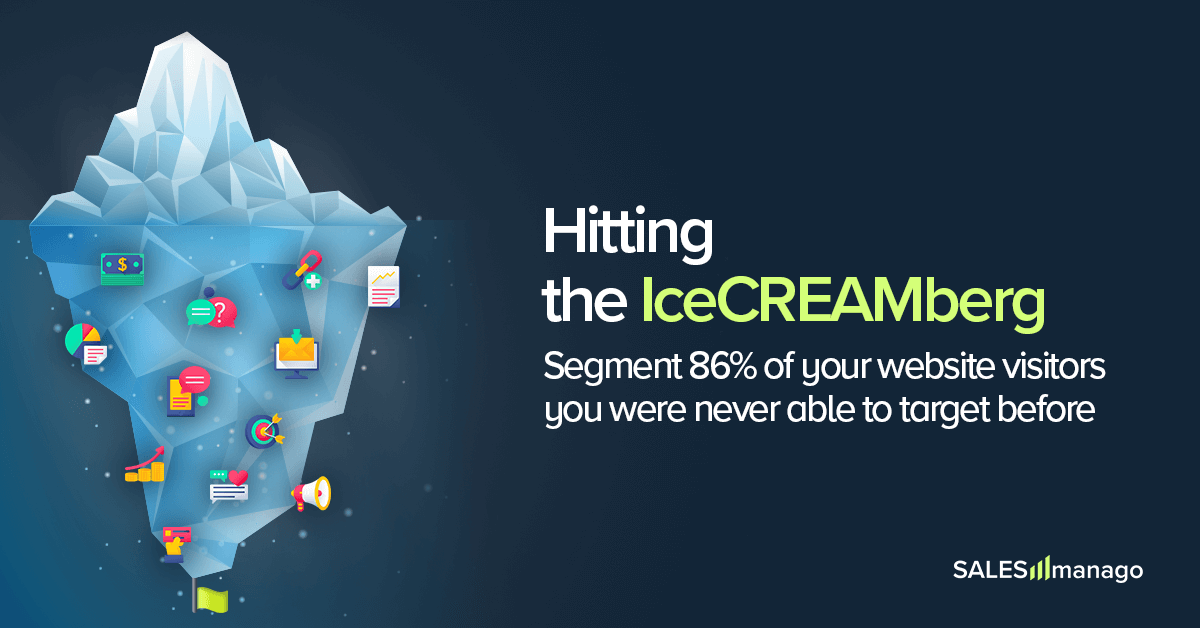
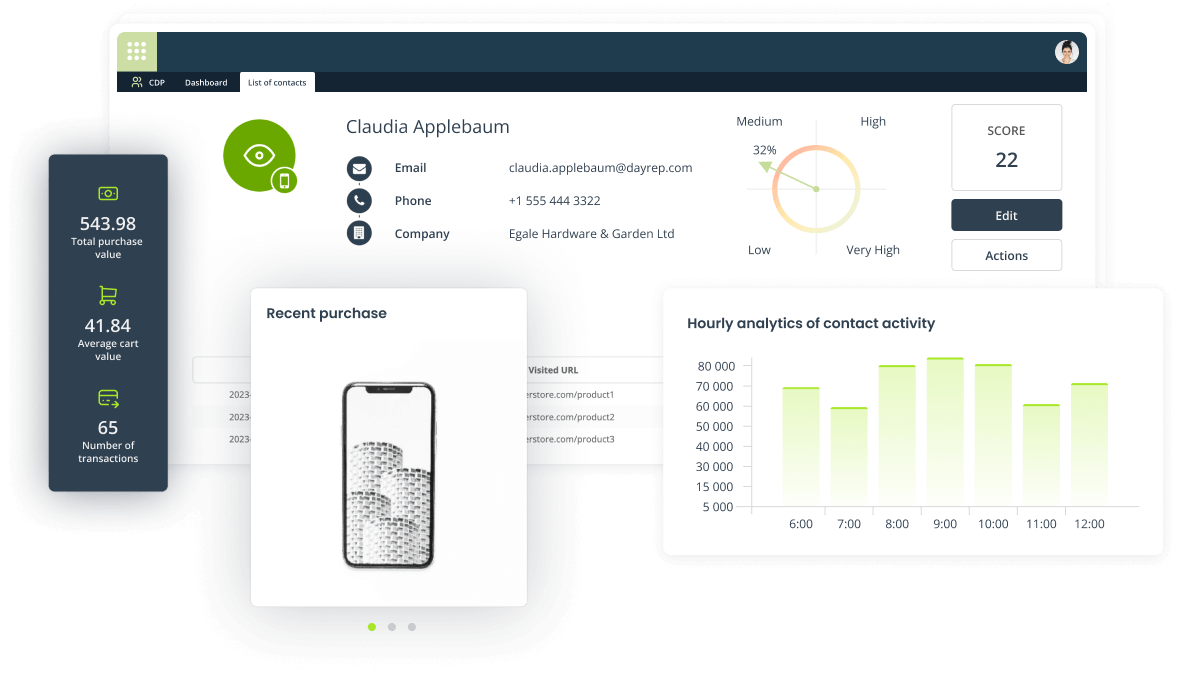
![[New Feature] Unlock Deep Behavioral Personalization with Product Collections](https://blog.salesmanago.com/wp-content/uploads/2024/03/1-3.png)



![[New Feature] Shine the light on your hidden visitors with Spotlight](https://blog.salesmanago.com/wp-content/uploads/2024/04/1-9-1024x536.png)
